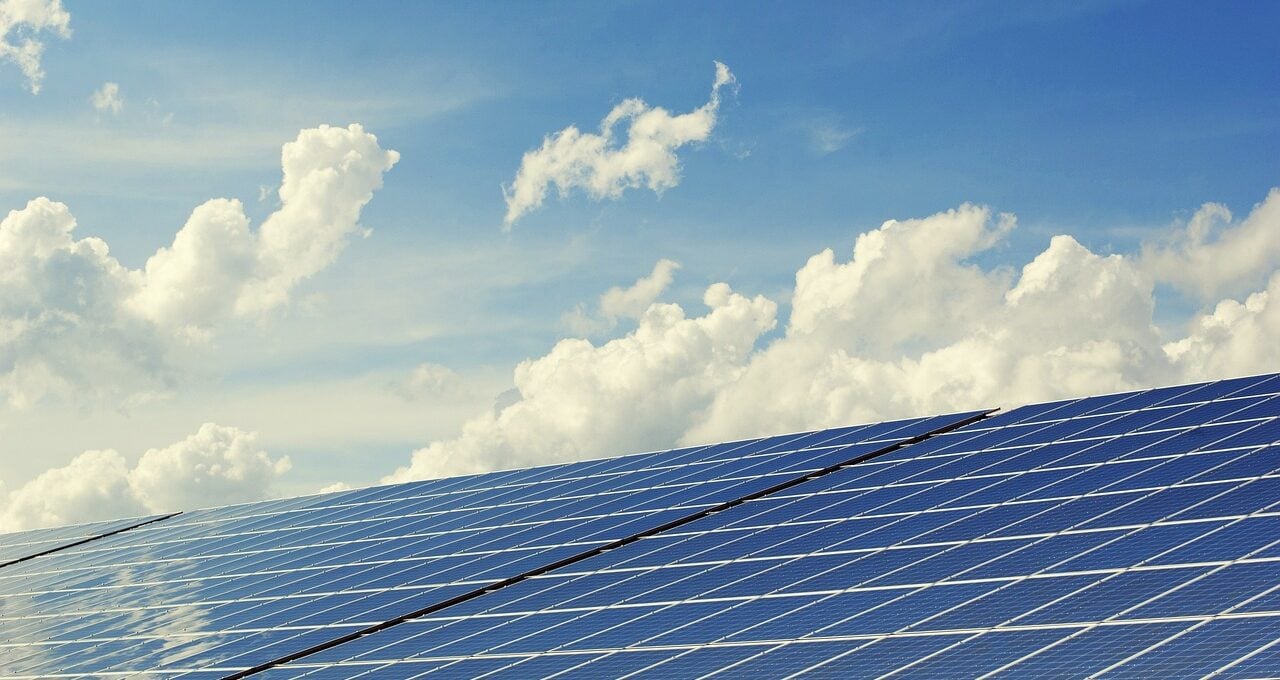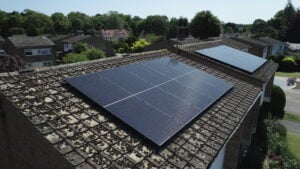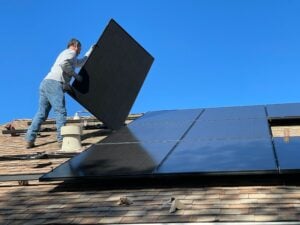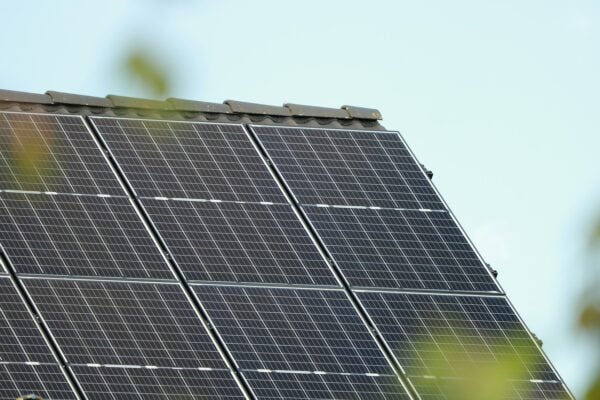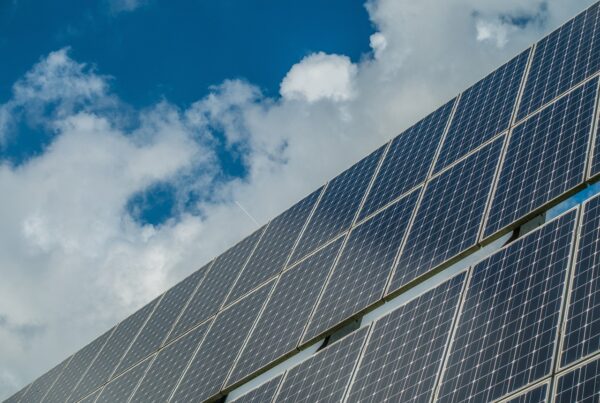Are Solar Panels Worth It? Maximising Your Savings
If you’re reading this you must be thinking about whether solar panels are worth it before deciding to go ahead with the switch to renewable solar energy. That’s great! You’ve already started your journey towards energy independence.
Installing solar panels will help you save money by significantly reducing your energy bills, and save the planet by cutting your your greenhouse emissions.
In this article, we explore the financial and environmental benefits that make solar panels a worthwhile investment.
Why solar panels are good for your wallet and the environment
Solar panels are worth it thanks to the various financial and environmental benefits they offer. The cost of our solar installations typically ranges between £4,000 to £10,000 but the exact amount will depend on the size of your solar system and any unique requirements of your particular property. This initial cost already presents great value for money which only improves with all the savings solar panels allow you to make over time.
Ofgem recently increased the energy price cap meaning the maximum amount people could pay on their energy bills rose by 5% for the first quarter of 2024. And in such uncertain times, this could further rise. By installing solar panels your household will be less dependant on the grid’s energy supply, limiting the impact you feel from energy price hikes like this one.
The emergence of solar PV battery storage is one of the main reasons why there’s now less reliance on the national grid. Rather than only being able to use solar energy as it’s being absorbed by your panels, it can now be stored in batteries for later use. So, whether you aren’t at home or just aren’t using any electrical appliances at that moment, your energy can now be saved for when you really need it. Again, this slashes your energy bills because you don’t have to purchase any, or much less energy for use outside of daylight hours.
If you’ve managed to store more energy than you feel you could possibly need, you also have the option to sell it to the grid through the Smart Export Guarantee scheme. Payments are relative to how much energy you give to the grid, so sell more energy to receive more money. Utilising solar panels and battery storage in tandem, whether you eventually decide to use or sell your stored energy, can help you save anywhere between 20–80% on your energy bills.
As well as being great for your wallet, solar panels are also good for the planet, presenting a variety of environmental benefits. They work by absorbing the sun’s energy, which is both renewable and infinite (barring any sort of apocalyptic global catastrophe). Unlike traditional methods of energy production, harnessing solar power doesn’t produce any harmful greenhouse emissions reducing your contribution to climate change even while you’re relaxing in the comfort of your own home.
How long will it take to make my money back?
The time it takes to make a return on your investment is key to deciding whether solar panels are worth it. We find that our customers typically make their money back in anywhere from 4–12 years but often fall in the 6–10 year range. However, the exact time it takes depends on you having the best solar solution for your needs and being able to utilise it to its full potential.
Having the right balance between solar panels and storage batteries is key to achieving that. It isn’t worthwhile to purchase lots of solar panels if you don’t have sufficient battery capacity. Much of the energy will simply go to waste. Likewise, it doesn’t make financial sense to invest heavily in batteries if your panels will never come close to filling them. Failure to find the right balance can greatly increase the length of your return on investment.
Our team of trusted advisors will help to ensure solar panels are worth it for you by establishing how many panels you need and the ideal number of batteries, all while installing a system that complements your property and lifestyle. Get your free no-obligation quote today.
Are solar panels as good in the UK as other countries?
One of the main concerns we come across when speaking to people looking into solar panels is whether they will work well in the UK. It’s completely understandable if you’re wondering the same thing. After all, solar panels rely on the sun which isn’t exactly something our little island has an abundance of. However, it’s nowhere near as big of an issue as you might think.
Of course, solar panels would undoubtedly work at their maximum efficiency if the sun was sizzling down on them 24/7. As great as that would be, we unfortunately have clouds and night time to contend with. Overcast conditions may slightly hinder your solar panel’s ability to absorb light, but it certainly doesn’t prevent it entirely. You’ll still receive an adequate supply of energy so don’t write off solar panels just because you don’t live somewhere in the Mediterranean.
The ability of your solar panels to absorb light even in sub-optimal conditions has been achieved through continuous improvements in solar PV technology. In 2023 research groups across the globe achieved a key milestone by creating a solar panel with 30% efficiency. This is just one of the many technological boundaries researchers have crossed over time, reducing the importance of ideal weather conditions on solar panel performance.
The only time your solar panels won’t be producing any energy is during the night, but that’s not a problem either. Solar batteries ensure energy absorbed during the day can be used outside of daylight hours to prevent it from going to waste. You can even store energy gathered in the long summer days for use in the winter when you’re likely to spend more time at home with the heating on.
So, are solar panels worth it?
If you want to save money and protect the planet then it’s clear solar panels are worth it, even in the UK. Less reliance on the grid gives you greater energy independence, helping you to slash your energy bills and speed up your return on investment, all while cutting back on your greenhouse emissions.
Speak to a trusted advisor
Request a call back from one of our solar energy advisors by filling in the form below. We’re here to advise on the most efficient solar PV installation for your needs, not ours. Discover how you can start saving up to 80% on your energy bills with solar energy.
